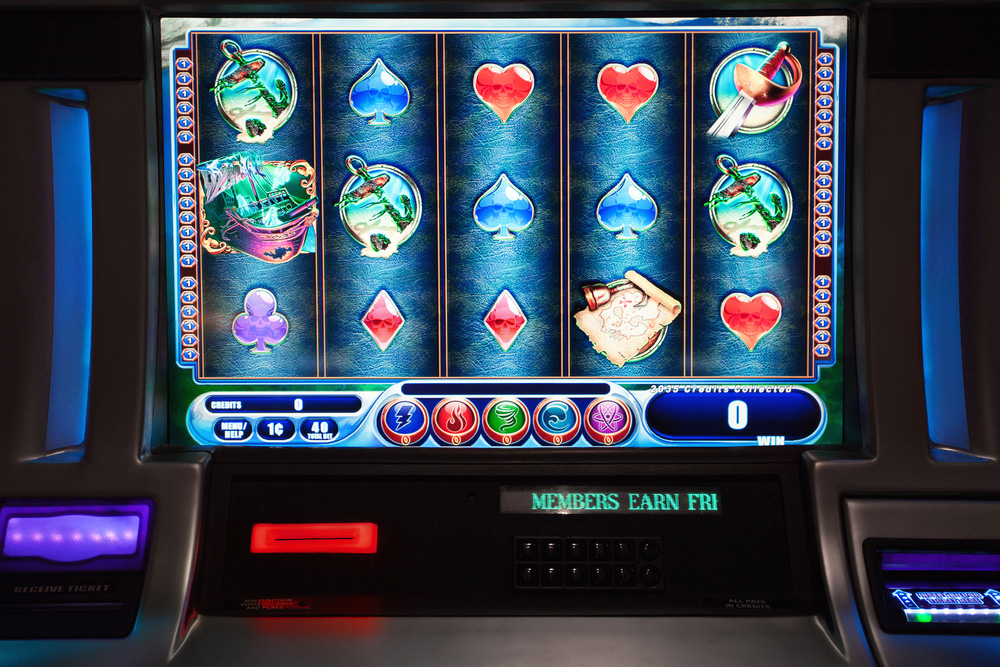Exploring the Psychology of Gaming: Why We Play and What We Gain

Games have always been an intrinsic part of human history. From ancient board games like Senet to today’s hyper-realistic video games, we have consistently sought out these structured forms of play. But why? What is it about games that have such a profound grip on us? Let’s explore the fascinating world of gaming psychology to better understand our motivations and the benefits we receive.
A Sense of Achievement
Games, particularly online or video games, offer players tangible goals. Whether it’s winning a bet, leveling up a character, mastering a tricky jump, completing a mission, or improving your strategy, these objectives give players a sense of achievement and accomplishment. They provide milestones that players can aim for, allowing them to measure their progress. Every time a goal is achieved, the brain releases dopamine, a neurotransmitter responsible for pleasure and reward. Over time, players become hooked on this continuous cycle of challenge and reward.
Escapism and Virtual Worlds
For many, gaming provides an escape from reality. Stepping into a fantastical world, whether using the Barstool casino promo code available here to enter a virtual casino, taking on the role of a hero in a video game, or simply experiencing a different life offers an exciting break from the everyday. In these virtual realms, players can experiment with identities, live out fantasies, or even confront their fears in a controlled environment. The allure of these alternate realities can be powerful, offering a chance to take a break from daily stresses or a platform to explore personal identity.
Building Social Connections
Gaming isn’t just a solitary experience. Multiplayer games and online platforms have built tight-knit communities. Players collaborate, compete, and communicate with each other, forming bonds with people from all over the world. For some, these relationships can be as strong, if not stronger, than connections made in the physical world. Being part of a team, or guild, or simply sharing in-game experiences can help players feel a sense of belonging.
Problem-Solving and Critical Thinking
Games are often designed with intricate challenges and puzzles. To advance, players must strategize, plan, and think carefully. These cognitive challenges hone problem-solving skills, forcing players to approach obstacles from multiple angles. As a result, many games sharpen mental faculties, training the brain in much the same way as a complex puzzle or riddle might.
Emotional Resonance and Narratives
The storytelling element in many games cannot be overlooked. Rich narratives, compelling characters, and intricate plots pull players into immersive worlds. Players often become emotionally invested in these stories, empathizing with characters and making decisions that shape the outcome of the narrative. This emotional connection can lead to deeper introspection, allowing players to reflect on their personal values, morals, and beliefs.
The Tangible Benefits
Gaming isn’t just about entertainment. It has been found that regular gameplay can improve hand-eye coordination, enhance multitasking skills, and even boost memory. For example, action games often feature rapid decision-making, testing, and refining a player’s reflexes. Strategy games, on the other hand, demand foresight and planning, improving cognitive flexibility.
Balancing Play with Reality
Of course, as with anything, moderation is key. While games offer numerous benefits, excessive gaming can lead to unhealthy habits. Setting limits, taking breaks, and ensuring a balance with other activities is crucial to harnessing the positive aspects of gaming without experiencing potential drawbacks.
Games are far more than just a pastime for many. From the dopamine-fueled highs of achievement to the rich world of in-game narratives, gaming provides a multifaceted experience that resonates with us on various levels. Understanding the psychology behind why we play can help deepen our appreciation of our favorite games.



